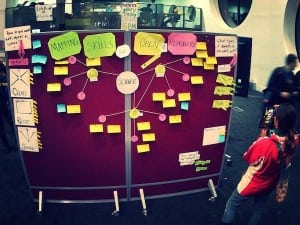October 28, 2015
The CDP Aids Donors When Disaster Strikes
According to Robert Ottenhoff, CEO of the Center for Disaster Philanthropy, millions of dollars are given by donors every year for disaster-related activities – but more often than not, it’s not well-planned or well coordinated. A recent example can be seen in the response to the Nepal Earthquake, in which donated emergency supplies were […]










